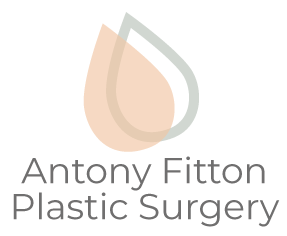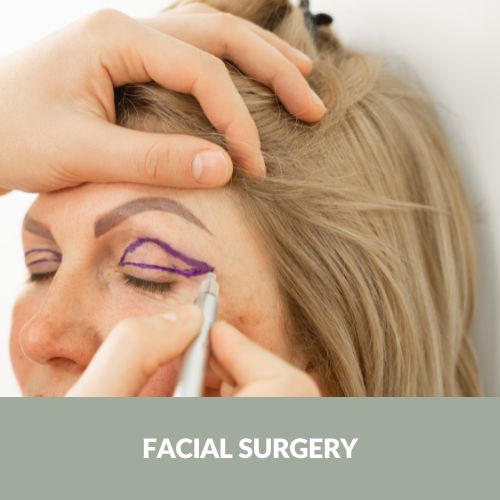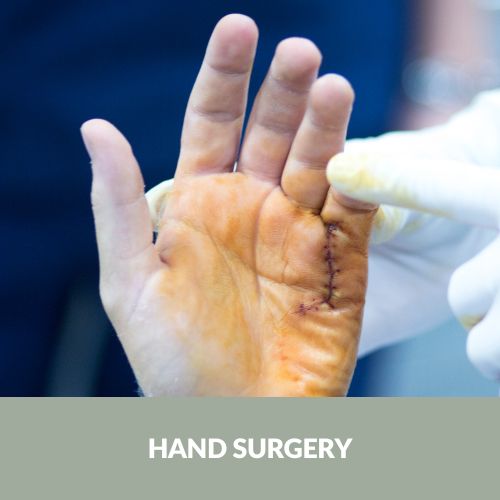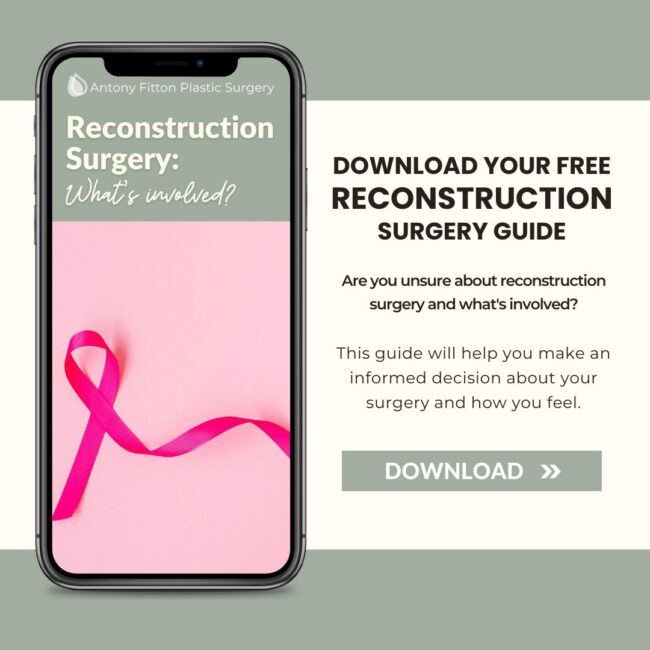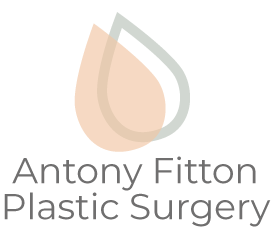
What to do if You Have Botched Plastic Surgery | Steps to Recovery
In an age where enhancing one’s appearance can be as routine as a haircut, the allure of cosmetic surgery is undeniable. Yet, what happens when expectations are not met, and results devastate rather than elevate?
Botched plastic surgery is a distressing and stressful reality for some. It can leave individuals grappling not only with physical alterations but also with emotional turmoil. If you’ve experienced a botched procedure, be assured that there are steps to navigate this challenging path.
Understanding Poor Plastic Surgery
Plastic surgery has grown in popularity as individuals seek to enhance their physical appearance. However, despite its prevalence, not every surgical outcome is successful. In some unfortunate instances, plastic surgery can be botched, leading to physical and emotional distress for the patient. To navigate these challenging situations, it’s important to understand what causes surgeries to go awry and what signs to look out for.
Common Causes of Botched Plastic Surgery
Several factors can contribute to a poor outcome in plastic surgery.
Lack of experience or inadequate training on the part of the surgeon often stands at the forefront.
A skilled and appropriately trained professional is crucial, as an inexperienced surgeon may not be prepared for complex procedures or potential complications. Additionally, miscommunication between the surgeon and patient regarding the expected results can lead to dissatisfaction. Unrealistic expectations or misunderstandings about the healing process may also result in disappointment. Furthermore, external factors, such as the patient’s health conditions or failure to follow post-operative care instructions, can affect the outcome significantly.
Identifying Signs and Symptoms
Recognising the signs of botched plastic surgery early on can be crucial in addressing issues promptly. Physical indicators may include asymmetry, scarring that extends beyond the norm, infection, or unusual pain that doesn’t subside with time. Beyond the physical symptoms, emotional signs such as heightened anxiety, depression, or regret may indicate dissatisfaction with the surgery’s outcome. If any of these symptoms are present, it is important to seek expert advice without delay to avoid exacerbating the situation.
Psychological Impact
The psychological effects of a botched surgery can be profound, affecting mental health and self-esteem. Patients may experience embarrassment, stress, and social withdrawal due to their altered appearance. Such feelings, if left unaddressed, can lead to anxiety or depression. Seeking professional mental health support is crucial in these circumstances, as trained therapists can provide coping mechanisms and emotional support. Moreover, connecting with support groups or others who have experienced similar challenges can be reassuring, reminding patients they are not alone on this difficult journey.
Botched Plastic Surgery: What to Do if It Happens to You
Undergoing cosmetic surgery with unfavourable results can be distressing. If you find yourself in this predicament, knowing the proper steps to take can make a significant difference in your path to recovery.
Remain Calm and Assess the Situation
In the face of unexpected outcomes, your first instinct may be to panic. Instead, take a moment to breathe deeply and assess your situation calmly. Identify specific aspects of your surgery that seem amiss and note any physical symptoms or discomfort you are experiencing. Keeping a detailed record of your symptoms, dates, and descriptions will be beneficial when consulting medical professionals.
Contact the Original Surgeon
The original surgeon should be your first point of contact when something feels off. Surgeons often provide post-operative consultations to assess recovery and address any concerns. During this meeting, share your concerns openly and ask questions about your post-surgery symptoms. It is essential to maintain a non-confrontational tone, focusing on finding a solution. Your surgeon might provide insights into your recovery process or propose actions to rectify the issue.
Seek a Second Opinion
If you’re unsatisfied with your surgeon’s response or results aren’t improving, seeking a second opinion is vital. Another fully qualified and board-certified plastic surgeon will offer a fresh perspective on your situation, further clarifying the extent of any problems.
Ensure that this surgeon is experienced and qualified, as their analysis will heavily influence your subsequent decisions.
Reasons Behind Considering Revision Surgery
In certain cases, revision surgery may be necessary to correct the initial outcomes. Patients typically consider this option when functional issues persist, such as impaired movement or breathing, or when aesthetic goals remain unmet. It is vital to weigh the potential benefits against the inherent risks that any surgical procedure involves. A comprehensive discussion with your healthcare provider regarding the realistic outcomes of revision surgery should precede any decision.
The Process of Revision Plastic Surgery
Embarking on revision surgery entails several steps. Initially, consultations with your chosen surgeon are crucial to evaluate your candidacy for the procedure.
Antony Fitton is an accredited plastic surgeon specialising in Facial Surgery, Breast Surgery, Body Shaping, Hand Surgery, Cancer Reconstruction and Transgender Surgery. He will provide you with expert plastic surgery and will leave you feeling confident about experiencing a professional and personal service and the highest standards of healthcare at every stage of your surgery.
During these consultations, you’ll discuss your concerns and desired outcomes, allowing the surgeon to tailor the revision approach appropriately. Pre-operative assessments, including health checks and imaging, are part of the process to ensure you are medically fit for surgery. Clear communication with your surgeon at every stage is essential to align expectations.
Types of Revision Surgery
Revision plastic surgery procedures can vary greatly, depending on the original surgery and the issues detected. Common revision surgeries include correcting asymmetry, reducing excessive scar tissue, and addressing size adjustments, especially with breast implants. A skilled surgeon like Antony Fitton, will discuss the available options, recommending the most effective strategy tailored to your unique needs. It’s important to remember that while revision surgery aims to improve outcomes, perfection is not always attainable, and setting realistic expectations is key.
In some cases, revision surgery is the only option. Antony Fitton, based in Plymouth and Truro, is a well-versed plastic surgeon in most types of revision surgeries if you are experiencing any of the issues below:
- Facelift – The results seem “too tight” or too taut-looking, leaving an unnatural, fake look.
-
- Tummy tuck – Common botched outcomes during abdominoplasty include poor wound healing, continued presence of flab in the midsection, or lumpiness and uneven skin due to poor tightening techniques or liposuction (if used).
-
- Breast reduction – The initial procedure did not yield the aesthetic results of smaller breasts.
-
- Breast augmentation – Improper placement of breast implants leading to asymmetry (one implant is higher or lower, smaller or larger than the other one) or improper placement of both implants (too high, too low, not centred, too wide or when the implant sinks too low.
-
- Liposuction – Uneven surface area of “peaks and valleys” have formed due to an inexperienced plastic surgeon who was overly aggressive. Visible lumps, uneven skin tone, bulges, and other botched results can occur if the surgeon removed too much or not enough fat in some areas.
-
- Eye lift – Lids are pulled up too high or not enough for aesthetic purposes.
While botched plastic surgery can disrupt your life in unforeseen ways, the steps you take afterwards are critical to your recovery journey. Prompt and measured actions, coupled with professional guidance, can help you regain confidence.
Long-term Recovery Plan
Facing a botched cosmetic surgery can be distressing, but navigating the path to recovery with a long-term plan can make a significant difference. It’s essential to focus not only on physical healing but also on emotional resilience as you progress through your journey.
Working with a Plastic Surgery Specialist
The first step in creating a long-term recovery plan is to find a qualified specialist experienced in corrective surgeries. This professional will assess your situation, provide tailored advice, and outline potential surgical and non-surgical options to rectify the issues.
When selecting a specialist, consider their credentials, past work, and patient testimonials. Don’t hesitate to ask for a comprehensive recovery plan and discuss any concerns you may have.
Remember, the right specialist will not only be well-versed in surgical techniques but also sensitive to the emotional nuances involved in such cases.
Antony Fitton’s Expertise in Plastic Surgery
In medical circles, Antony Fitton is renowned for his expertise in plastic surgery and corrective procedures. His proficiency has helped countless individuals on the path to recovery from botched surgeries. His approach combines technical excellence with empathetic patient care, ensuring patients feel understood and supported.
When considering options for revision surgery, seeking out specialists with proven track records like Fitton can offer reassurance and a higher likelihood of achieving desired outcomes. It’s crucial to engage with professionals who prioritise both aesthetics and the well-being of their patients.
Developing a Support System
An integral part of a long-term recovery plan is establishing a robust support system. This network should consist of family, friends, and possibly a therapist or support group who can provide emotional backing and encouragement. The healing process can be lengthy and filled with ups and downs; having trusted individuals to share these experiences with can make all the difference.
Furthermore, participating in community forums or groups for those who have faced similar challenges can offer insights and coping strategies, fostering a sense of solidarity and hope.
Maintaining Realistic Expectations
Patience and realistic expectations are key components of any recovery journey. It’s imperative to understand that corrective procedures may not always result in perfection. Accepting small improvements or incremental stages of change can help in managing disappointment.
Discuss openly with your specialist about potential outcomes, timeframes, and risks involved. By aligning expectations with realistic potential results, you can embark on your recovery journey with a clearer mindset, prepared to celebrate progress rather than perfection.
Remember, your journey is personal, and accepting where you are today is the first step towards healing tomorrow.
Next Steps…
Finding yourself on the other side of a botched plastic surgery procedure can be daunting, but it’s crucial to remain calm and methodical in planning your next steps. Consider the following:
- – Document Everything: Keep records of your procedures, conversations with your surgeon, and any complications that have arisen. This documentation could prove invaluable if legal advice is needed.
-
- – Seek Professional Help: Consult another qualified plastic surgeon, ideally one who specialises in revision surgeries. They can offer a second opinion and discuss viable options to address any damage or dissatisfaction.
-
- – Emotional Support: The psychological impact of an unsuccessful surgery should not be underestimated. Reach out for support from mental health professionals, friends, or support groups.
Though a botched plastic surgery can certainly be a distressing experience, taking a systematic approach can help guide you towards a smoother recovery and an eventual satisfactory resolution.
Plastic surgery can be a life-changing decision, offering both cosmetic and functional benefits.
However, it is crucial to have accurate information and realistic expectations. Consulting with a certified and experienced plastic surgeon is the best course of action to ensure you receive personalised advice and clear answers to any queries.
– Educate Yourself: Research procedures thoroughly.
– Prepare for Recovery: Understand the time and effort needed for healing.
– Prioritise Your Safety: Choose reputable clinics and experienced professionals.
Ultimately, informed decision-making plays a vital role in achieving satisfactory results in any cosmetic procedure.
For a no-obligation quote
For a no-obligation quote, tailored specifically to you, please book in for your consultation with Mr Fitton. Your requirements will be discussed in full confidence in a friendly and relaxed atmosphere.
Following your consultation, the price you are quoted includes everything and there are no extra or hidden costs. Advice, treatment and aftercare are all part of our package to ensure your experience is positive from beginning to end.
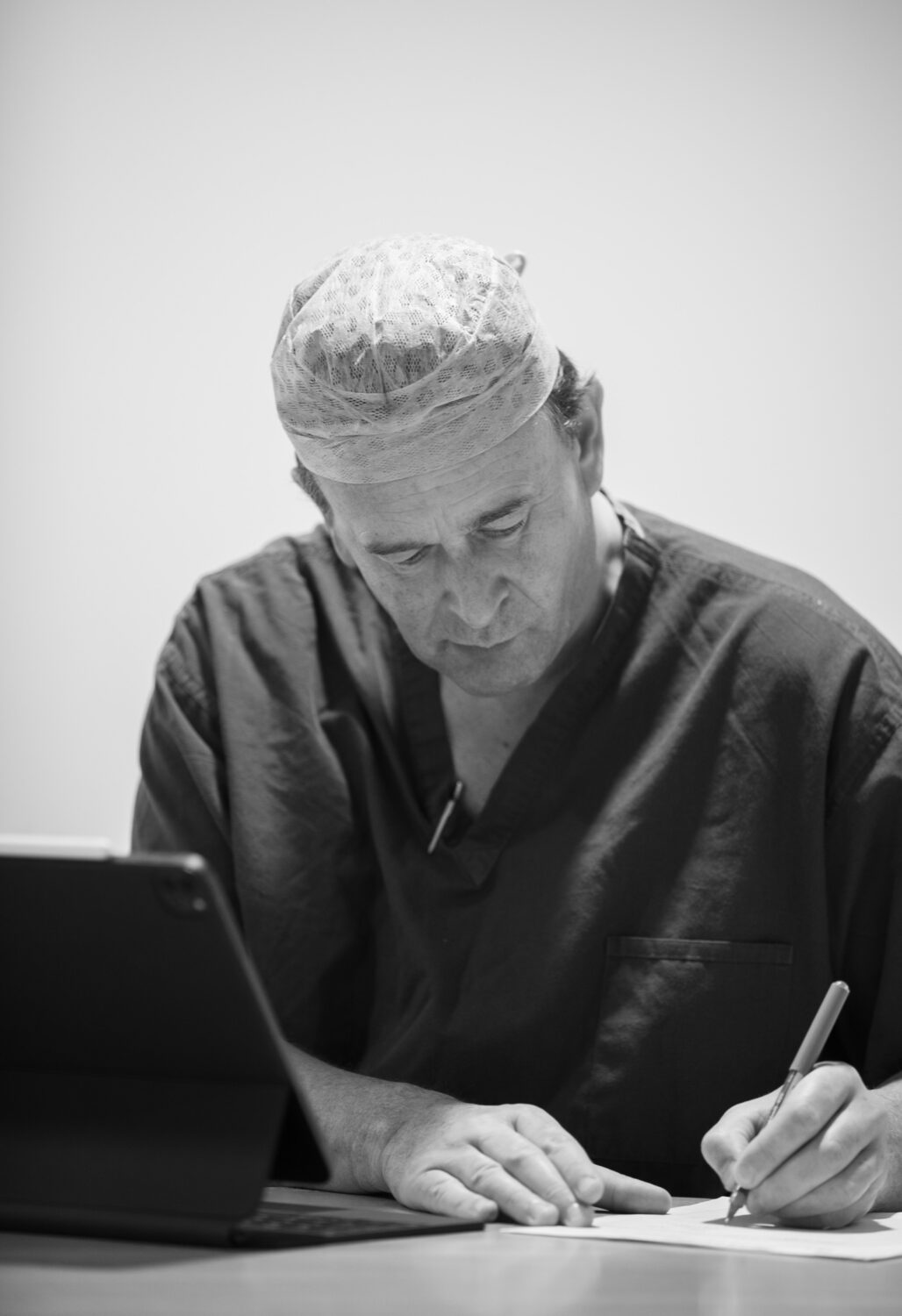
About your Plastic Surgeon: Mr Antony Fitton
MB, BS(hons)., MD., FRCS(eng)., FRCS(plast).
Mr Antony Fitton qualified at the Royal London Hospital in 1989 with distinction in Surgery. He holds an MB, BS(Hons)., MD., FRCS(eng). and FRCS(plast). (Fellowship at the Royal College of Surgeons).
He is a member of BAPRAS (British Association for Plastic, Reconstructive and Aesthetic Surgeons), BAAPS (British Association for Aesthetic Plastic Surgeons), and BSSH (British Society for Surgery of the Hand).
Mr Fitton has received the Paton & Masser Award and the CM Matthews Award from the Royal College of Surgeons of England for his research in nerve injury.
Mr Fitton is licensed as a Plastic and Reconstructive Surgeon by the GMC.

- 0% Finance Available
- Consultations and treatments are available at either the Nuffield Health Hospital, Plymouth or the Duchy Hospital, Truro
- Care Quality Commission Regulated
- GMC Specialist Registered Surgeon
- BAPRAS, BAAPS and BSSH member
- Registered MD
Life-changing result
"I just wanted to thank you (and your team) for the life-changing result of my top surgery. This will provide me with the freedom that I’m excited to enjoy, including being able to go swimming and actually staying cool in summer! All jokes aside, you have helped to mark a new chapter in my life, for which I am incredibly grateful… ALL the best."
Our appearance has an impact on how others perceive us. We are experts in creating an improved version of you. You can click on the procedure below for more information.
Body surgery (or contouring) can involve all or one of the following, with a prime focus on areas such as the buttocks, tummy, thighs, arms, and breasts. Click on the links below for more information.
There are several different types of hand surgery but all aim to restore functionality while making the hand look as normal as possible. Click on the links below for more information.
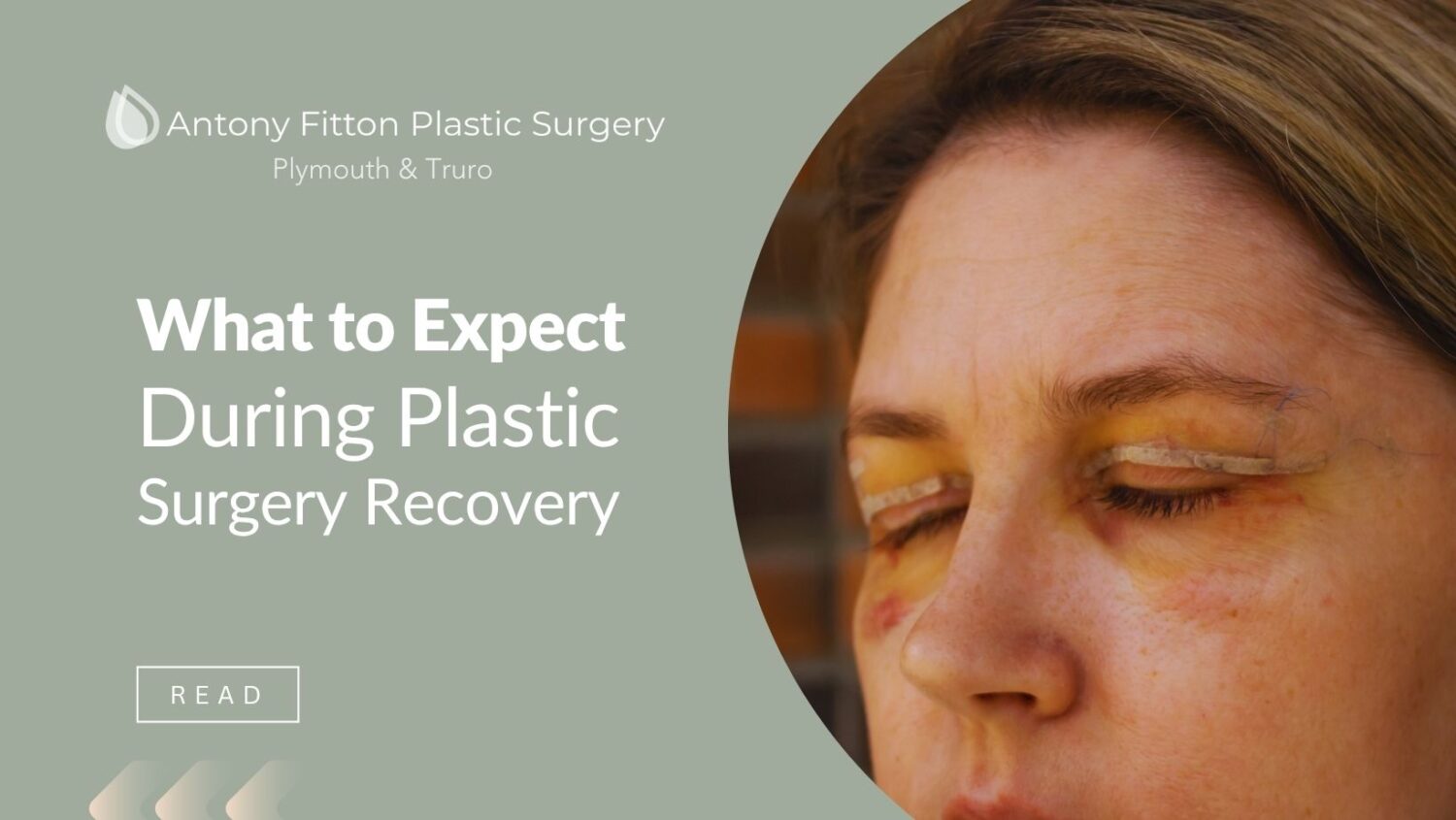
What to Expect During Plastic Surgery Recovery
Our 'What to Expect During Plastic Surgery Recovery' guide from Antony Fitton Plastic Surgery gives

Should I Lose Weight Before a Tummy Tuck?
Discover if you should I lose weight before a tummy tuck and if it can enhance your surgery results
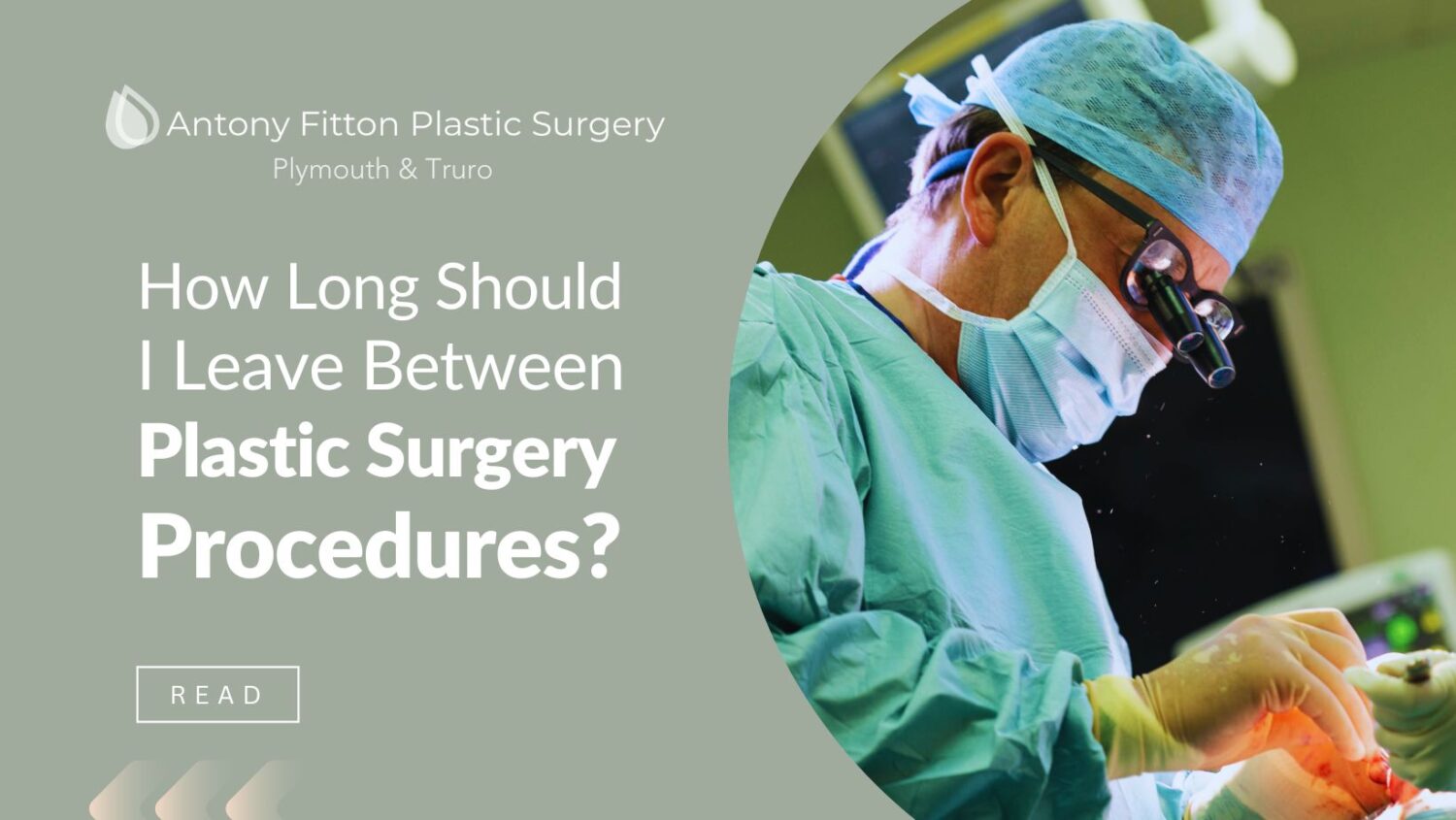
How Long Should I Leave Between Plastic Surgery Procedures?
Discover how long you should leave between plastic surgery procedures for optimal recovery and effec



